|
There’s a lot that can go wrong when you take naked or revealing photos of yourself and send them to other people, or send someone else’s naked photo to another person. Apart from anything else, if the images are of someone under 18, it is illegal.
And yet many young Australians sext or send nudes. According to a 2021 report, 70% of surveyed teenagers had sent sexually explicit text messages, and more than 80% had received them.
New research explores teenagers’ experiences with sexting and sext education, using interviews with 30 young Australians.
While parents’ and teachers’ natural response to teenagers sexting might be “don’t do it”, young people say this doesn’t work. Or as one interviewee noted, “it just sort of goes in one ear and out the other”.
This is why researchers Giselle Natassia Woodley and Lelia Green say schools need to develop more sophisticated messages about sexting. “Pretending sexting won’t or shouldn’t happen because it is illegal is like pretending no one under 16 has sex […] We don’t pretend these behaviours don’t exist: we educate for harm minimisation around them,” they write.
They also stress the importance of young people knowing they can talk about anything with the adults in their life – and if something goes wrong, they will not be punished. “Above all, maintaining an open dialogue and a shame-free stance will allow young people to feel safe to discuss anything.”
|

|
Judith Ireland
Education Editor
|
|
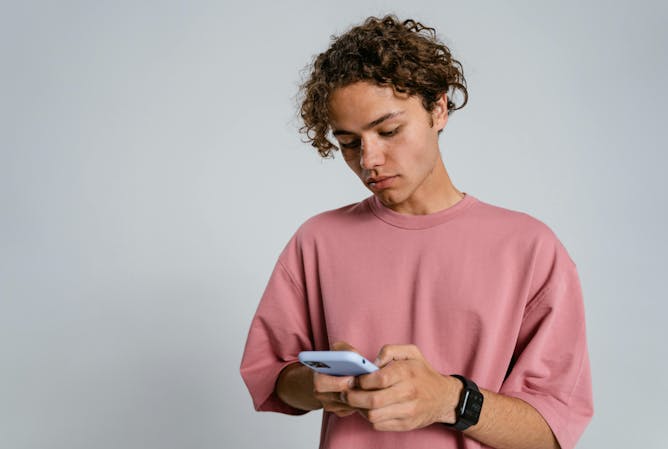
Giselle Natassia Woodley, Edith Cowan University; Lelia Green, Edith Cowan University
New research shows how current messages to ‘simply avoid’ sexting do not work for young people.
|
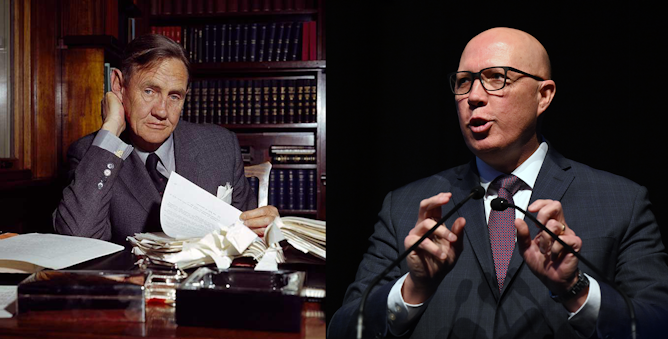
Michelle Grattan, University of Canberra
Like former Liberal prime minister John Gorton, Peter Dutton has become as convinced as his predecessor about the nuclear path. But can Dutton succeed where Gorton failed?
|
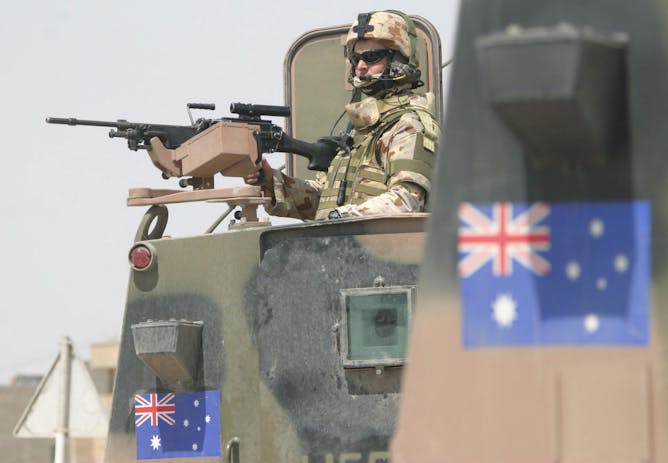
David Lee, UNSW Sydney
New papers released by the National Archives of Australia reveal how the decision was made for Australia to join the US’s “coalition of the willing”.
|

Doug Drury, CQUniversity Australia
The American aerospace company Boeing has been synonymous with safe air travel for decades, but recent weeks have seen it plagued by a series of issues.
|
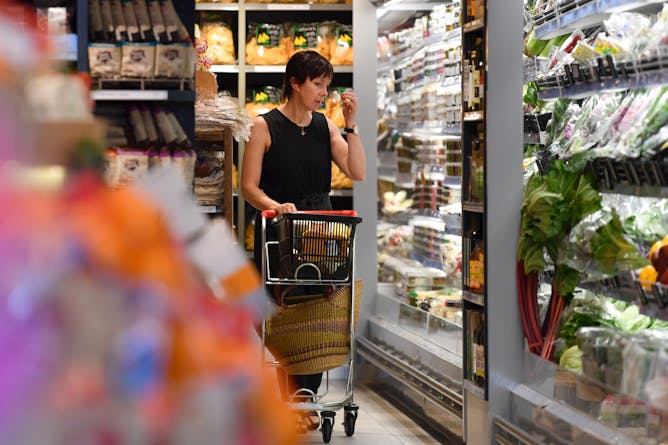
Nicole Black, Monash University; Anthony Harris, Monash University; Danusha Jayawardana, Monash University; David Johnston, Monash University
Despite signs that inflation is levelling off, Australians could feel the health impacts of high prices for a long time.
|
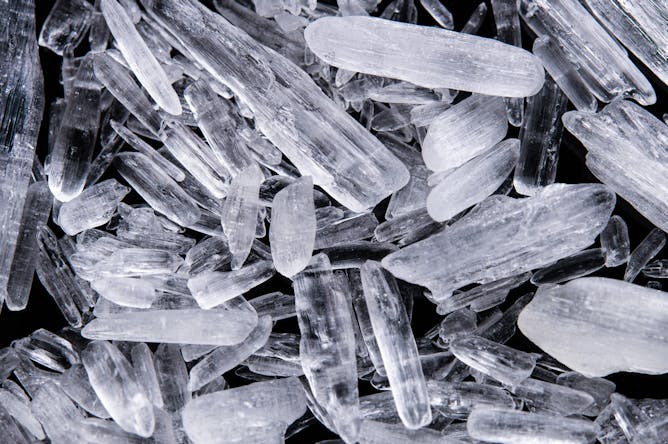
Nicole Lee, Curtin University
One report says methamphetamine use is rising. Another says it’s falling. So what’s going on?
|

Hassan Vally, Deakin University
The study found people with ADHD who took medication had a lower risk of dying from unnatural causes than those with ADHD who were not taking medication.
|
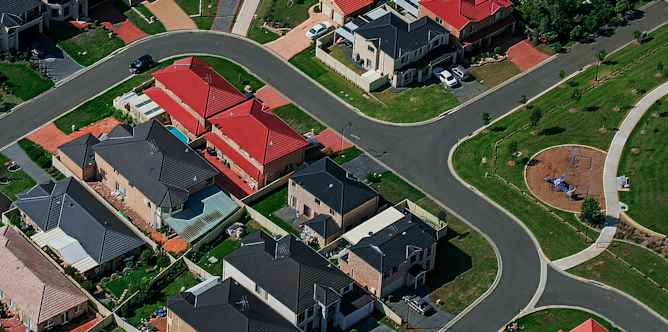
Louise Crabtree-Hayes, Western Sydney University
Co-operatives make up only a small part of Australia’s accommodation stock but their users say the benefits warrant it being considered as a way of easing the housing crisis.
|
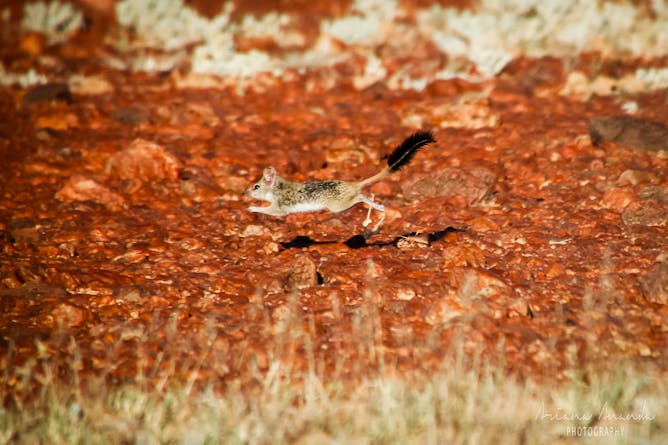
Katherine Moseby, UNSW Sydney; Katherine Tuft, University of Adelaide
Blink and you’ll miss it. The kowari is a charismatic marsupial carnivore that needs our help.
|
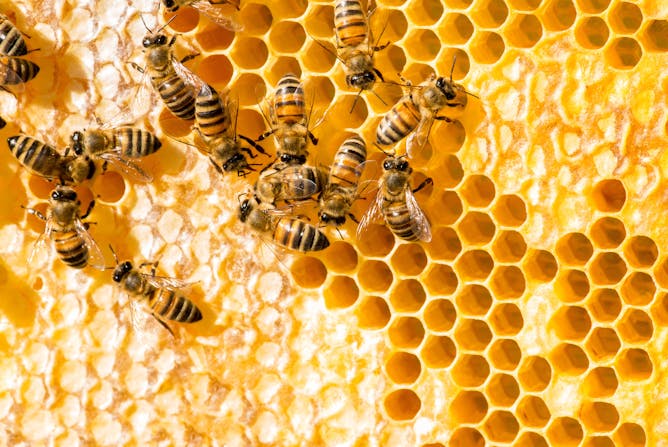
Julia Kindt, University of Sydney
What makes us human? Greek and Roman thinkers were preoccupied with this question. And some of their observations of animals foreshadowed recent findings in the behavioural sciences.
|
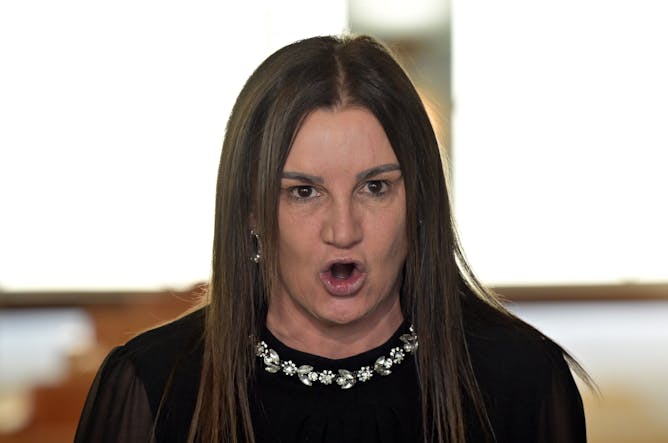
Andrew Hughes, Australian National University
As political parties desperately battle for voters’ attention, cybersquatting is one of many online tools in the toolkit. It’s only effective at further diminishing trust in government.
|
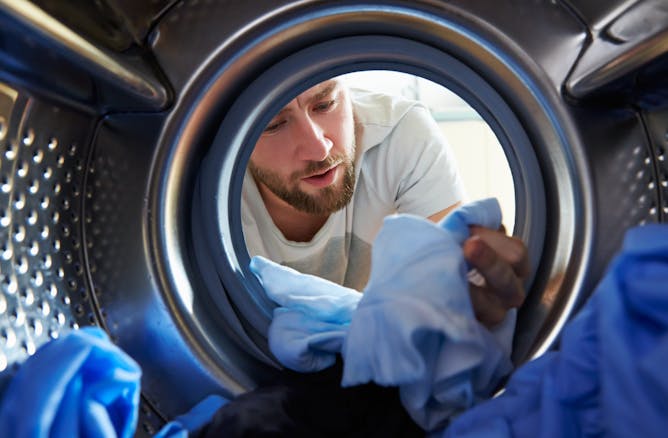
Alessandra Sutti, Deakin University; Amol Patil, Deakin University; Maryam Naebe, Deakin University
Next time you do your laundry, think like an astronaut – wash your clothes as little as possible.
|
Politics + Society
|
-
Kate Griffiths, Grattan Institute
The former Administrative Appeals Tribunal was stacked with political appointments. The government must ensure the same does not happen with its replacement.
|
|
Health + Medicine
|
-
David Menkes, University of Auckland, Waipapa Taumata Rau
Growing evidence shows industry payments to doctors play a key role in unethical pharmaceutical marketing. New Zealand’s disclosure scheme fails to capture all companies and payment types.
-
Ken Nosaka, Edith Cowan University
There are ways to incorporate strength-training components into walking to improve your muscle strength and balance.
|
|
Environment + Energy
|
-
Stanislav Roudavski, The University of Melbourne; Alex Holland, The University of Melbourne; Jason Thompson, The University of Melbourne; Philip Gibbons, Australian National University
We scanned the tree canopy with lasers and found birds much prefer the branches of big old trees.
|
|
Arts + Culture
|
-
Thomas Jeffries, Western Sydney University
Beyond the tombs and riches, life in ancient Egypt wasn’t so luxurious, after all.
-
Kelly McWilliam, University of Southern Queensland
Stan’s new comedy-crime series is loosely inspired by the mysterious disappearance of Paddy Moriarty from the tiny town of Larrimah, Northern Territory.
|
|
Books + Ideas
|
-
Edwina Preston, The University of Melbourne
The story of human evolution is inextricable from the story of gynaecology.
-
Michelle Hamadache, Macquarie University
To ask whether 36 Ways to Write a Vietnamese Poem is a collection of poems or a single long poem is to step through the looking glass.
|
|
Business + Economy
|
-
Petra Butler, University of Canterbury
Labour’s Modern Slavery Reporting Bill would require businesses to act if they suspect worker exploitation in their operations or supply chains. But will the National-led government support it?
|
|
| |
|
|
|
Aeon Media Group Ltd
Melbourne VIC, Australia
•
Full Time
|

|
|
|
|
| |
| |
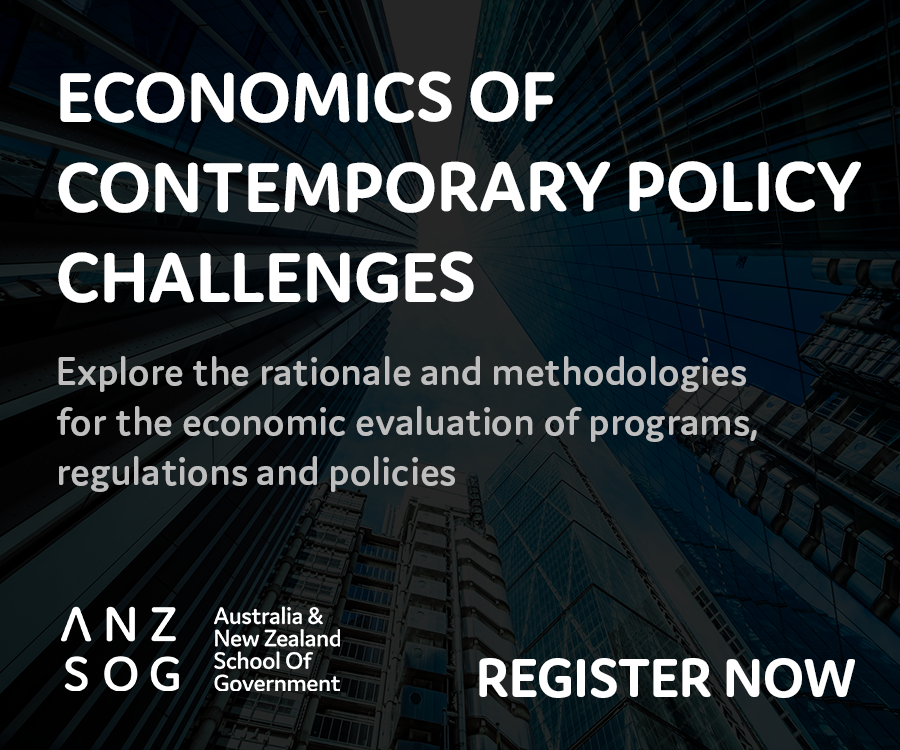
|
| |
| |
| |
Featured Events, Courses & Podcasts
|
View all
|
|
1 January 2023 - 7 October 2026
•
|

|
1 February 2023 - 25 November 2029
•
|
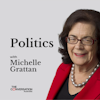
|
|
|
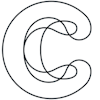
|
5 - 12 April 2024
•
Sydney
|

|
|
|
|
| |
| |
| |
| |
| |
|
|